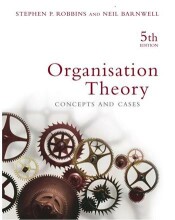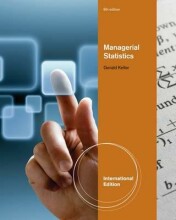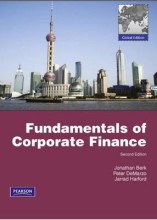Legal Systems
32 important questions on Legal Systems
What is public law?
What is criminal law?
What is private law?
- Higher grades + faster learning
- Never study anything twice
- 100% sure, 100% understanding
Can private law also apply to companies?
What is the common law systems?
What is the civil law system?
How is the court system made up in the UK?
2. Court of appeal (binding for all courts except supreme court)
3. High court (binding for all courts except sc and coa, etc.)
4. County court and Crown court (county = civil, crown = criminal)
5. Magistrates court (low-level criminal cases)
What are the 2 levels of jurisdiction in the US?
2. State (own system per state)
How is the federal court system in the US made up?
2. Court of Appeal
3. Trial courts
- US District Courts
- US Bankruptcy Courts
- US Tax Courts
- US Court of Federal Claims
- US Court of International Trade
What are the advantages of ADR?
2. Less expensive
3. Less time-consuming
4. Beneficial for the maintenance of long-term relationships in a business environment
What are the 2 types of legal professionals in the UK?
2. Barristers
What are the tasks of a solicitor?
1. Conveyance (transferring property)
2. Early stages of litigation
3. Probation (accepting a will as last and true)
What are the tasks of a barrister?
What is the role of a judge in the common law system?
What is voir dire/ jury vetting?
What are the 3 main sources of law in the common law system?
2. Equity
3. Case law
What is the legislative body/legislature of the UK?
1. The house of Commons
2. The house of Lords
What is are the steps in the legislatory process in the UK?
2. It is approved by the Crown
3. Law passes in form of an act, or if delegated, a statutory instrument
What is the doctrine of parliamentary sovereignty?
What is the legislative body in the US federal law system?
1. House of Representative
2. The Senate
The president has the power to veto legislation
The Court has the power of judicial review (invalidating legislation they believe inconsistent with the constitution)
What is the typical Trust Structure?
2. A protector may be assigned
3. Managers, etc. That are responsible for day-to-day operations are appointed
4. Trustees are appointed that hold the legal tile to trust assets
5. Beneficiaries that receive the trust assets
Can a trust avoid legal entity tax?
What is the doctrine of a binding precedent/ stare decisis?
What is the ratio decidendi/holding?
What is obiter dicta?
When is a decision reversed?
When is a decision overruled?
Who are the most important Law Officers in the UK?
What is the role of the jury in civil and common law?
2. In criminal cases they reach a verdict
What is the difference between a petit and a grand jury?
A grand jury consists of up to 23 people and determines criminal cases
What is canon/ecclesiastical law?
What are the principles of equity?
The question on the page originate from the summary of the following study material:
- A unique study and practice tool
- Never study anything twice again
- Get the grades you hope for
- 100% sure, 100% understanding





























